If you’ve been browsing developer forums or listening to tech talks, chances are you’ve heard statements like:
- “PHP is dead.”
- “PHP can’t scale.”
- “No serious company uses PHP anymore.”
These myths have been around for years, but they don’t hold true—especially in 2025. PHP has evolved into a robust, modern programming language with PHP 8+, offering performance enhancements, strong typing, just-in-time compilation (JIT), and ecosystem support through frameworks like Laravel.
In this article, Common PHP Myths Busted, we show you the facts, and provide practical interview prep along the way.
Myth 1: PHP is Dead
The Reality:
PHP is far from dead. In fact, according to W3Techs, PHP still powers around 75% of all websites with a known server-side language. Massive platforms such as WordPress, Wikipedia, Slack, and Shopify rely heavily on PHP.
👉 With constant updates, PHP 8 introduced JIT compilation, making PHP faster than ever before. The community is alive and active, with frameworks like Laravel, Symfony, and CakePHP thriving.
Myth 2: PHP Can’t Scale
The Reality:
Scalability isn’t about the language—it’s about architecture. PHP scales very well when paired with:
- Load balancers (Nginx, HAProxy)
- Caching (Redis, Memcached, OpCache)
- Horizontal scaling with containers (Docker, Kubernetes)
Facebook started as a PHP application, and although it later evolved, its core inspiration came from PHP’s ability to scale to millions of users.
📌 Example: Using Laravel Queues with Redis allows PHP apps to handle thousands of background jobs efficiently.
class SendEmailJob implements ShouldQueue { public function handle() { Mail::to('[email protected]')->send(new WelcomeMail()); } }
Myth 3: PHP is Old and Outdated
The Reality:
Yes, PHP has been around since 1995, but it has modernized significantly. PHP 8+ supports:
- Union types (
function foo(int|string $param) {}) - Arrow functions (
fn($x) => $x * 2) - Attributes (annotations-like features)
- Match expressions (cleaner than switch-case)
Example: PHP 7 vs PHP 8 Syntax
// PHP 7 switch ($status) { case 'active': $result = 'User Active'; break; case 'inactive': $result = 'User Inactive'; break; } // PHP 8 - Match Expression $result = match($status) { 'active' => 'User Active', 'inactive' => 'User Inactive', default => 'Unknown Status', };
Myth 4: PHP is Only for Small Projects
The Reality:
PHP is versatile. It can run small websites, but also enterprise-grade applications.
- Drupal → enterprise CMS built with PHP
- Magento / Adobe Commerce → large-scale e-commerce systems
- Laravel-based SaaS → powering platforms from startups to global companies
With microservices architecture and API-first design, PHP integrates seamlessly with other languages and services.
Myth 5: PHP is Insecure
The Reality:
No programming language is insecure by itself—it depends on how developers use it. PHP provides secure functions and best practices. Issues arise from poor coding, not the language.
✅ Example of Secure Password Handling in PHP:
// Hash a password $hashedPassword = password_hash("mySecretPass123", PASSWORD_BCRYPT); // Verify a password if (password_verify("mySecretPass123", $hashedPassword)) { echo "Valid Login"; } else { echo "Invalid Password"; }
Interview Questions & Answers
Q: Is PHP really outdated compared to Node.js or Python?
A: No. PHP 8+ is modern and competitive, with strong typing, JIT, and frameworks like Laravel that match the productivity of Node.js/Express or Django.
Q: How does PHP handle scalability?
A: By using load balancing, caching layers, database optimization, and job queues. PHP apps like WordPress scale to millions of users daily.
Q: Why do people say PHP is insecure?
A: Because many beginners used poor practices like unsanitized SQL queries (mysql_query) in older versions. Modern PHP encourages PDO prepared statements and frameworks handle sanitization automatically.
Q: What makes PHP 8 better than older versions?
A: Performance improvements, JIT compilation, match expressions, union types, arrow functions, and attributes.
Q: Can PHP be used for APIs in 2025?
A: Yes. Laravel and Symfony provide excellent support for REST APIs, JSON responses, authentication (JWT, OAuth), and microservices integration.
Q: Which companies still use PHP today?
A: Facebook (through Hacklang), Wikipedia, WordPress, Slack, Mailchimp, Shopify, and countless startups.
Closing Note
PHP has survived every wave of “replacement hype” because it consistently adapts. It’s alive, scalable, modern, and secure when used with best practices. For beginners, learning PHP is not just about syntax—it’s about entering an ecosystem that powers the majority of the web.
💡 Continue the Series:
If you’re enjoying our “Modern PHP Developer” series, check out
👉 PHP Basics for Web Developers — Build a Strong Foundation
It’s a beginner-friendly guide packed with practical tips, syntax examples, and best practices to help you write clean, secure, and scalable PHP code.

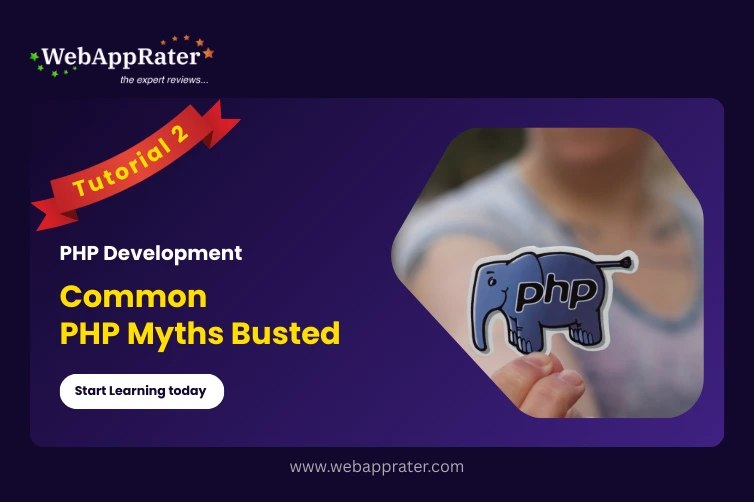










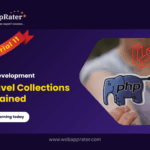




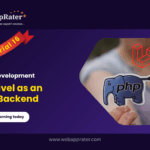

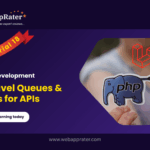


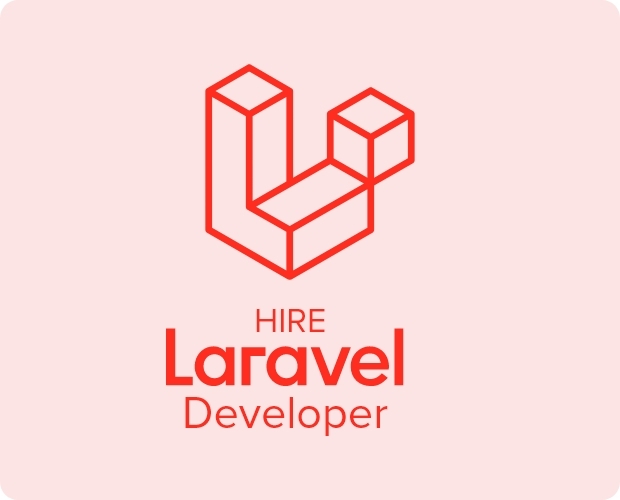

0 Comments